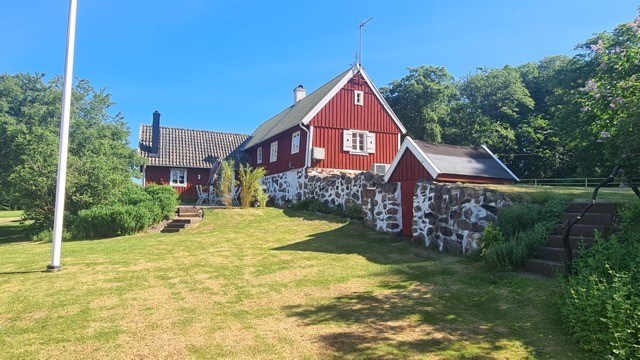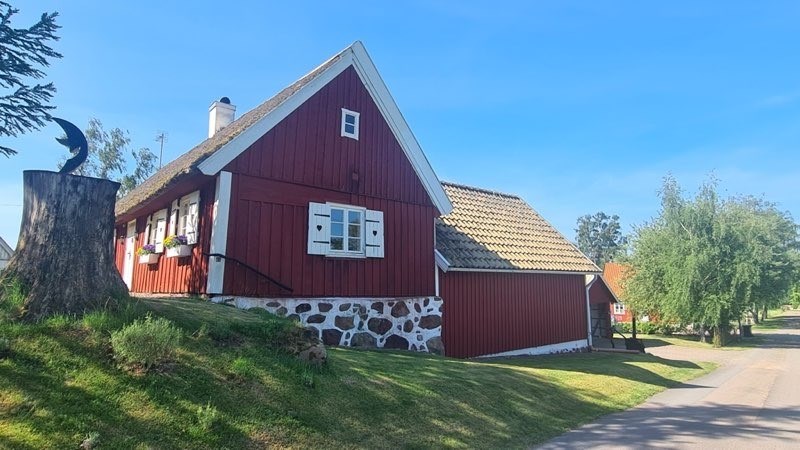
Off the street and into a home: over 1,000 homeless in Austria get a flat
An initiative by the Austrian Ministry of Social Affairs, non-profit building associations and the Federal Working Group for Assistance to the Homeless aims to get around 1,000 homeless people into housing by September 2024. To achieve this, Austria is adopting the successful “Housing First” concept. The basic idea is simple, homeless people are given their own home – with no strings attached. It has been found that the housing first method helps 80% of homeless people involved find their way back into society.
Austria is one of the ten richest countries in the EU and yet over 20,000 people have no home. They are homeless and living on the streets. Day in, day out, they struggle to survive, especially when winter hits. In order to help these people in the long term, Austria is now switching to the successful “Housing First” model. Experts have been calling for this for a long time. Finland, for example, has drastically reduced homelessness over the last ten years with this model.
AFFORDABLE RENTAL FLATS FOR OVER 1,000 HOMELESS PEOPLE
With the “Housing First Austria – arriving at home” initiative, the Ministry of Social Affairs wants to offer over 1,000 homeless people a new home in the long term. Instead of emergency accommodation or temporary solutions, they are to be given their own flat with a tenancy agreement.
By September 2024, 512 affordable flats are to be provided by non-profit building associations for this purpose. The project is being managed by the Bundesarbeitsgemeinschaft Wohnungslosenhilfe (BAWO).
The costs for financial support, relocation and deposits are to be subsidised by the Ministry of Social Affairs with a contribution of around 6.6 million euros. The formerly homeless people pay the rent and ancillary costs themselves.
Social workers will accompany and support those affected as required. They will help with personal crises, financial matters and coping with everyday life.
“HOUSING FIRST APPROACH”: FIRST YOUR OWN FLAT, THEN EVERYTHING ELSE
The “housing first approach” is quite simple. Homeless people are first given their own flat – with no strings attached. This means that they do not have to complete any addiction programmes, use any therapeutic services or have a job. All of that can wait.
[embedded content]
The approach is based on the assumption that people first need security and a place to feel safe. Only then will they gradually find their way back into life and society. This seems to be the case, as international examples such as Finland, Denver and Houston show. Studies show that 80% of formerly homeless people find their way back into a stable life through this method.
The concept is actually nothing new. It has been used by several organisations for years. These include Caritas Vienna, the Neunerhaus homeless aid organisation and various women’s shelters. Experts have long been calling for the government to facilitate the approach with the required level of financial backing.
THE HOUSING FIRST CONCEPT IS CHEAPER THAN HOMELESSNESS
Giving homeless people a new home is not only more humane, but also cheaper. This is because where people are in need, emergencies happen more often. Injuries, breakdowns, assaults and rescue operations. This not only places demand on the police, health and justice systems, but also costs money.
For the state, the “housing first” concept is more favourable than ignoring the problem of homelessness.
HOMELESSNESS IN AUSTRIA
Around 20,000 people in Austria have no home. The number of unreported cases is estimated to be much higher. This is because the system only registers those who seek help and are registered. The majority of them, almost 60 per cent, live in Vienna. Vienna’s homelessness organisation assumes that almost 4,000 of them are under the age of 30.
There are many reasons for homelessness, such as unpredictable misfortunes, accidents, addictions or mental health problems, to name just the most dramatic. But homelessness can be easy to fall foul of:
“It doesn’t take a stroke of fate to become homeless. Transitional phases are often enough: A young person who has to leave their parents’ home. A separation. An expiring tenancy agreement. Anyone who has no access to affordable housing in such situations runs the risk of becoming homeless,” explains Elizabeth Hammer, Chairwoman of BAWO.
Critics of homelessness assistance often blame the individual for their own homelessness. But that would be too simplistic. After all, high inflation, rising rents and the lack of affordable housing also contribute to people ending up on the streets. Some people can simply no longer afford to live. Läs mer…


